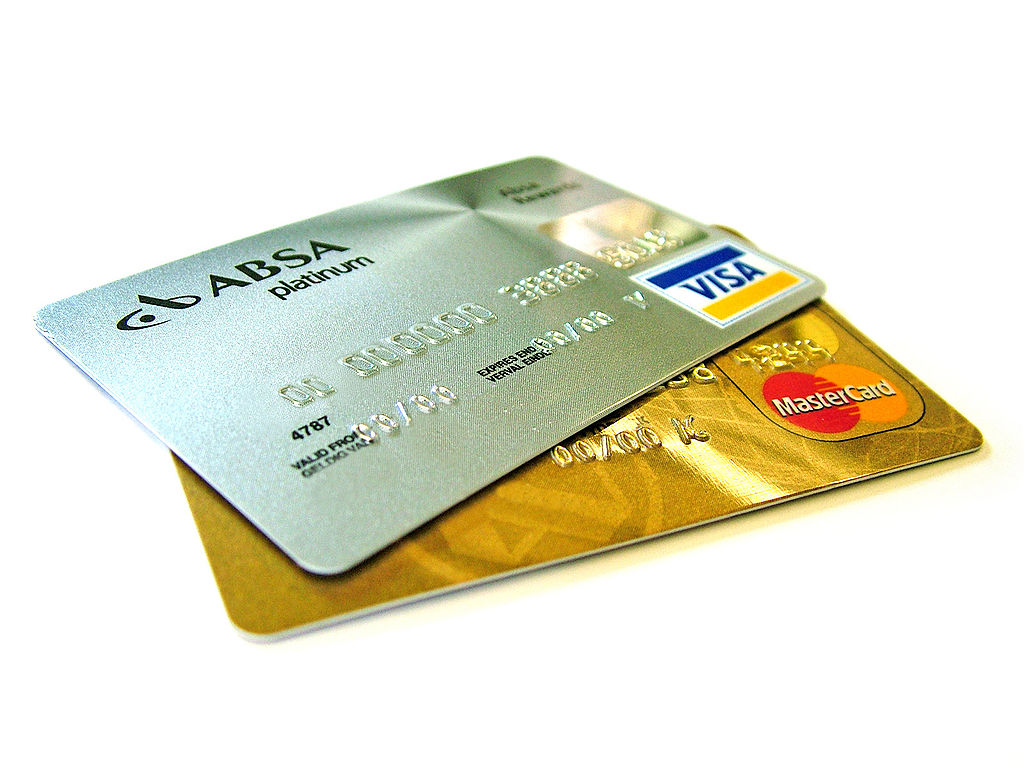
If you are a customer of Target, Neiman Marcus or any of the 617 other merchants whose systems were hacked, you know all about the perils of credit card fraud and identify theft. People can steal all of your information with the push of a button.
According to the Identity Theft Resource Center, a full third of all victims of a data breach were also victims of identity theft. And with these numbers increasing, many people are asking what they can do to protect themselves. Here’s what to do.
1. Monitor Your Financial Information
Pay attention to credit card and bank activity and regularly check your credit report, at least once every four months. Go to AnnualCreditReport.com to get your free reports. Check your bank accounts at least once a week (I do mine daily) and review your credit card statements online several times each month.
2. Strengthen Your Passwords
Your passwords should be complex, long and contain a variety of characters, symbols and numbers. Change them regularly on your financial accounts, email, smart phone and social media. See our tips for safeguarding your passwords.
3. Pay Bills Online
Now this may not sound right at first. Mailboxes and garbage are easy for thieves to access and grab whatever they want. Doing your banking and bill paying online makes you less vulnerable to identity theft because it’s harder to hack online than it is when grabbing your mail or sorting through your garbage.
4. Protect Your Devices
Make sure all your devices are as secure as possible. That means desktop, laptop, tablet and smartphone. Get the best antivirus software and use the most secure browsers. Avoid the free Wi-Fi as it usually is not secure. If you must use Wi-Fi, use secure connections only.
5. Freeze and Monitor
You can get credit monitoring and identity theft protection from many reputable online sources. These services alert you to any activity. Another option is to put a freeze on your credit report with each major credit bureau. This prevents thieves from opening lines of credit in your name.
